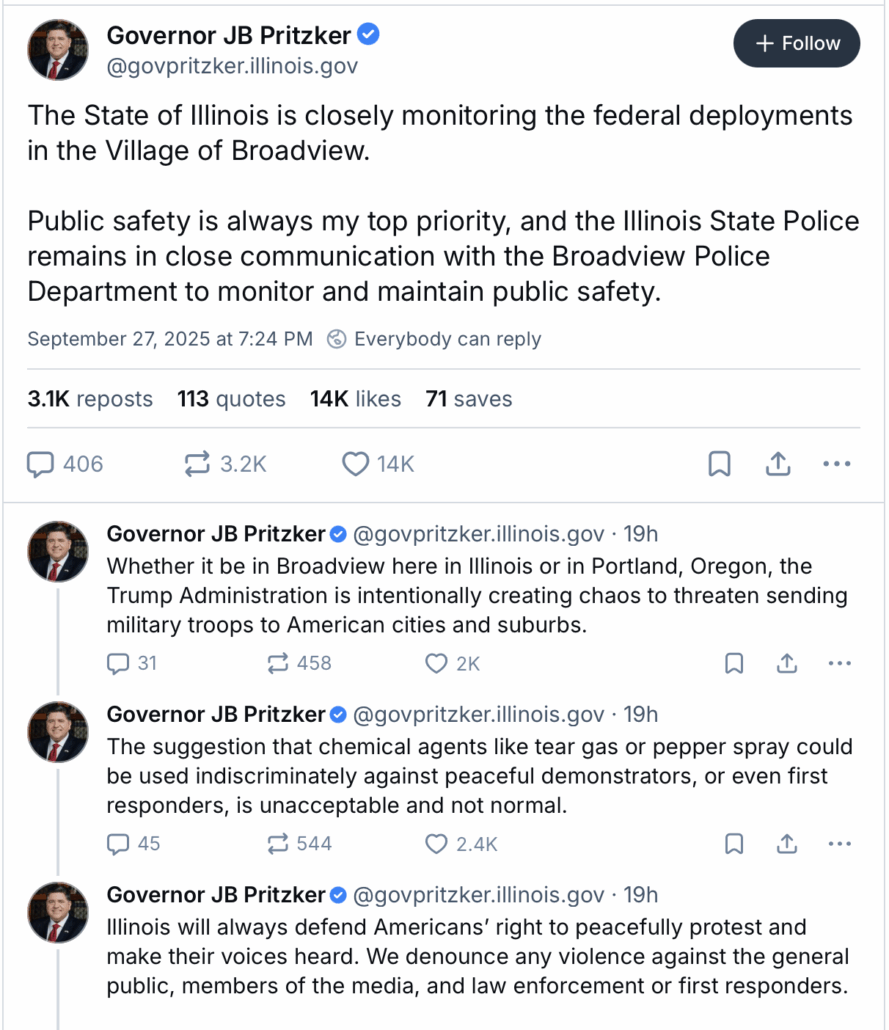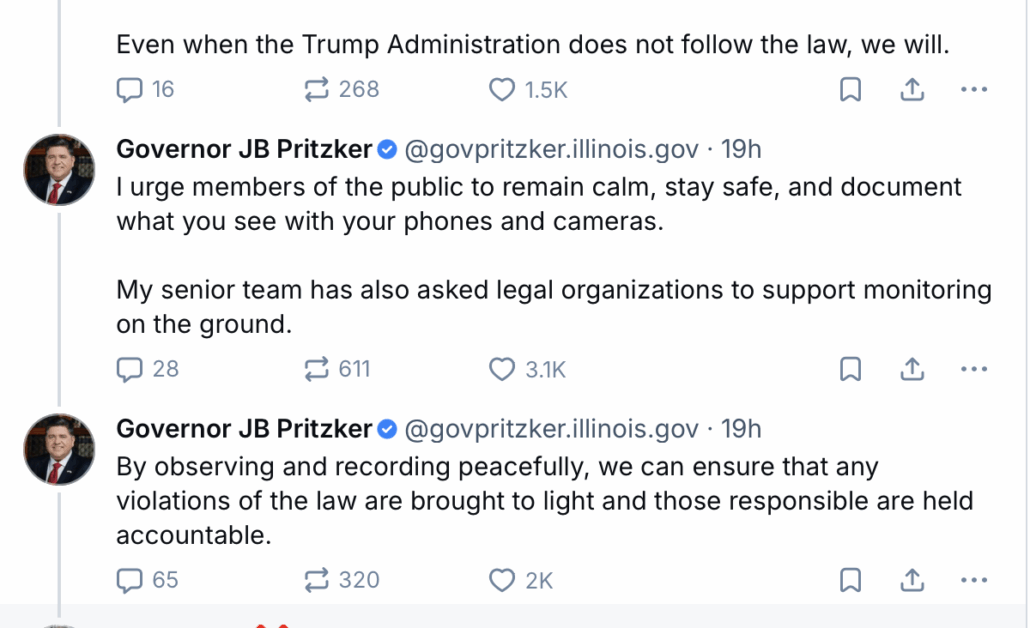Good article from Jackie on what happens in a shutdown.
Maybe government will shut down this week, or maybe in a few weeks if a clean CR (Continuing Resolution) is passed, or maybe it won’t shut down at all.
Still it’s good to know what we’re looking at, and my takeaway from this article is that in the past, the government has prepared for the possibilities, and plans are in place – even when it doesn’t come to that.
As far as I can tell, there hasn’t been much planning, and what planning there has been has not been for the greater good.
WASHINGTON — Congress’ failure to pass a short-term government funding bill before midnight Tuesday will lead to the first shutdown in nearly seven years and give President Donald Trump broad authority to determine what federal operations keep running — which will have a huge impact on the government, its employees, states and Americans.
A funding lapse this year would have a considerably wider effect than the 35-day one that took place during Trump’s first term and could last longer, given heightened political tensions.
The last shutdown didn’t affect the departments of Defense, Education, Energy, Health and Human Services, Labor and Veterans Affairs, since Congress had approved those agencies’ full-year funding bills.
Lawmakers had also enacted the Legislative Branch appropriations bill, exempting Capitol Hill from any repercussions.
That isn’t the case this time around since none of the dozen government spending bills have become law. That means nearly every corner of the federal government will feel the pain in some way if a compromise isn’t reached by the start of the fiscal year on Oct. 1.
States Newsroom’s Washington, D.C. Bureau offers you a quick guide to what could happen if Republicans and Democrats don’t broker an agreement in time.
How does the White House budget office determine what government operations are essential during a shutdown?
Generally, federal programs that include the preservation of life or property as well as those addressing national security continue during a shutdown, while all other activities are supposed to cease until a funding bill becomes law.
But the president holds expansive power to determine what activities within the executive branch are essential and which aren’t, making the effects of a shutdown hard to pinpoint unless the Trump administration shares that information publicly.
Presidential administrations have traditionally posted contingency plans on the White House budget office’s website, detailing how each agency would shut down — explaining which employees are exempt and need to keep working, and which are furloughed.
That appears to have changed this year. The web page that would normally host dozens of contingency plans remained blank until late September, when the White House budget office posted that a 940-page document released in August calls for the plans to be “hosted solely on each agency’s website.”
Only a few departments had plans from this year posted on their websites as of Friday afternoon.
The White House budget office expects agencies to develop Reduction in Force plans as part of their shutdown preparation, signaling a prolonged funding lapse will include mass firings and layoffs.
While the two-page memo doesn’t detail which agencies would be most affected, it says layoffs will apply to programs, projects, or activities that are “not consistent with the President’s priorities.”
Trump will be paid during a shutdown since Article II, Section 1, Clause 7 of the Constitution prevents the president’s salary from being increased or decreased during the current term.
No one else in the executive branch — including Cabinet secretaries, more than 2 million civilian employees and over 1 million active duty military personnel — will receive their paycheck until after the shutdown ends.
Other sections from the article:
- Are federal courts exempt from a shutdown since they’re a separate branch of government?
- What happens to Social Security, Medicare and Medicaid?
- Will the Department of Veterans Affairs be able to keep providing health care and benefits?
- What happens to immigration enforcement and immigration courts?
- Will people be able to visit national parks or use public lands during a shutdown?
- What happens to the Internal Revenue Service?
- Do federal employees get back pay after a shutdown ends?
- What role does Congress have during a shutdown?
Shutdown Information – Knowledge Is Power, Right?Post + Comments (110)




